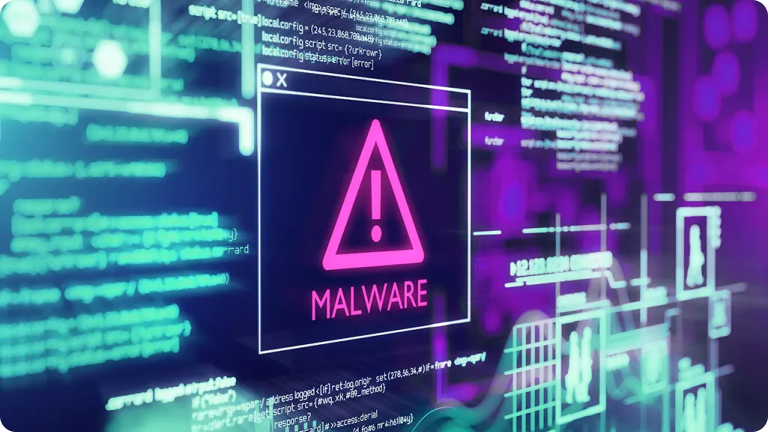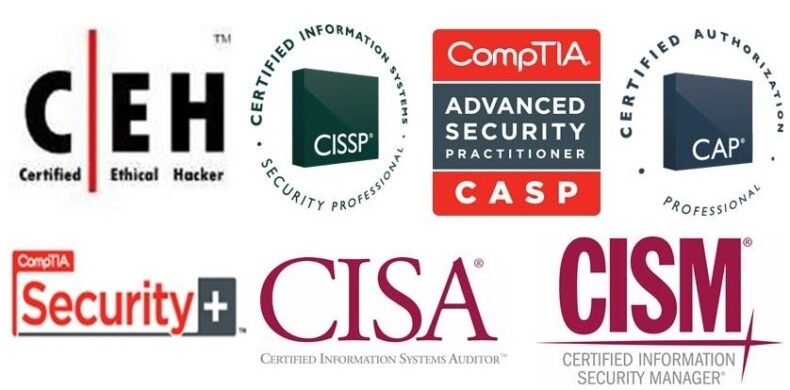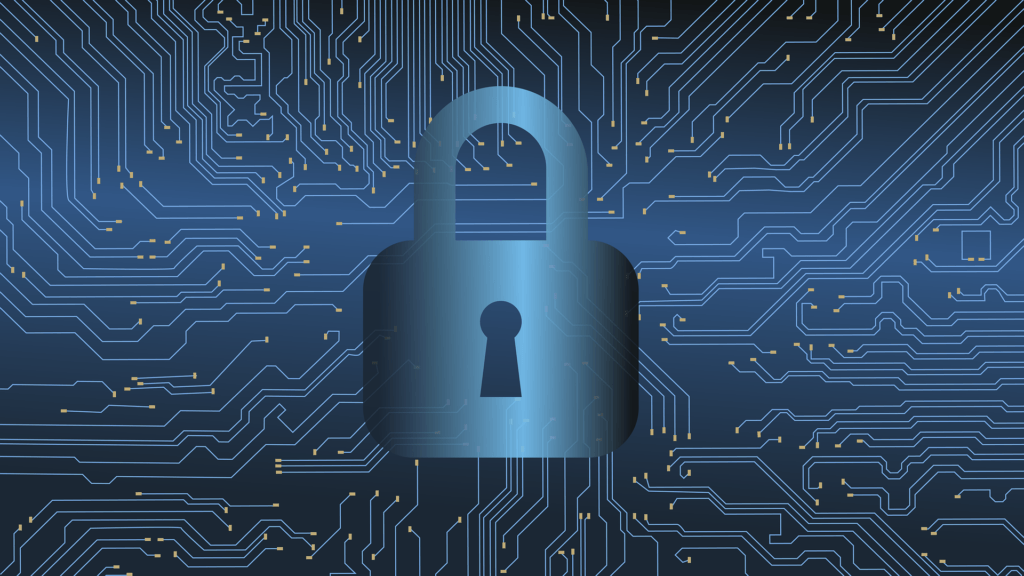
In the digital age, our computers have become an indispensable part of our lives, serving as portals to a vast world of information and communication. However, this reliance on technology also exposes us to various cyber threats, with computer viruses being among the most prevalent and dangerous. In this comprehensive blog post, we will explore what happens when a virus infects your computer, the potential consequences, how to identify an infection, and, most importantly, how to take immediate action to mitigate the damage and safeguard your digital world.
Understanding Computer Viruses
A computer virus is a malicious software program designed to replicate itself and infect other files or systems. It attaches itself to legitimate files and executes when the infected file is opened or launched. Viruses can spread through email attachments, infected websites, removable media, or even network connections, making them a potent threat to both individuals and organizations.
What Happens When Your Computer Gets Infected?
When a virus successfully infiltrates your computer, it can cause a cascade of damaging effects. Here are some common consequences of a computer virus infection:
- Data Loss: Some viruses are programmed to corrupt or delete files, leading to irreversible data loss.
- Sluggish Performance: Viruses consume system resources, causing your computer to slow down significantly.
- Unauthorized Access: Certain viruses can grant remote attackers unauthorized access to your computer, compromising your privacy and security.
- Identity Theft: Viruses can be used to steal sensitive information such as passwords, credit card details, and personal data, leading to identity theft.
- Ransomware Attacks: Some viruses deploy ransomware, encrypting your files and demanding a ransom for decryption.
- Spamming and Phishing: Infected computers may unknowingly become part of a botnet used for spamming or phishing attacks.
Signs of a Virus Infection
Detecting a virus infection early is crucial to minimize its impact. Here are some signs that your computer might be infected:
- Unusual Slowness: Your computer takes longer than usual to boot up or perform basic tasks.
- Frequent Crashes: Frequent system crashes or error messages are indicative of a potential infection.
- Strange Pop-ups and Ads: Unwanted pop-ups and ads appearing on your screen, even when you’re not browsing, maybe a sign of malware.
- Disabled Security Software: Malware might disable your antivirus or anti-malware software to avoid detection.
- Unusual Network Activity: Excessive data usage or unexplained network activity may be due to a virus attempting to communicate with its command and control server.
Immediate Action Steps
If you suspect that a virus has infected your computer, take the following immediate action steps to mitigate the damage:
- Disconnect from the Internet: Disconnect your computer from the internet to prevent the virus from spreading and communicating with its source.
- Run a Full System Scan: Use your updated antivirus software to perform a full system scan and identify and remove the virus.
- Update Software: Ensure that your operating system, applications, and antivirus software are up to date with the latest security patches.
- Enable Firewall: Activate your computer’s firewall to block unauthorized access and communication.
- Change Passwords: Change all your passwords, especially for sensitive accounts like banking and email.
- Backup Your Data: If you haven’t already, back up your important files to an external drive or a cloud-based service.
Preventing Future Infections
To reduce the risk of future infections, practice these preventive measures:
- Stay Informed: Stay updated on the latest cybersecurity threats and best practices.
- Be Cautious Online: Avoid clicking on suspicious links or downloading files from unknown sources.
- Use Strong Passwords: Create strong, unique passwords for each of your accounts.
- Regular Backups: Regularly back up your data to a secure location to prevent data loss in case of an infection.
- Install Updates: Keep your operating system and software updated with the latest security patches.
Conclusion
A virus infection can be a distressing experience, but with prompt action and a proactive approach to cybersecurity, you can mitigate the damage and protect your digital world. Be vigilant, stay informed, and practice safe online habits to safeguard yourself and your computer from the ever-evolving threats of computer viruses.
Remember, cybersecurity is a continuous process, and staying proactive in adopting security measures is the key to a safer and more secure digital experience. With the right precautions and knowledge, you can watch out for viruses and keep your computer and data safe from harm.





Leave a Reply